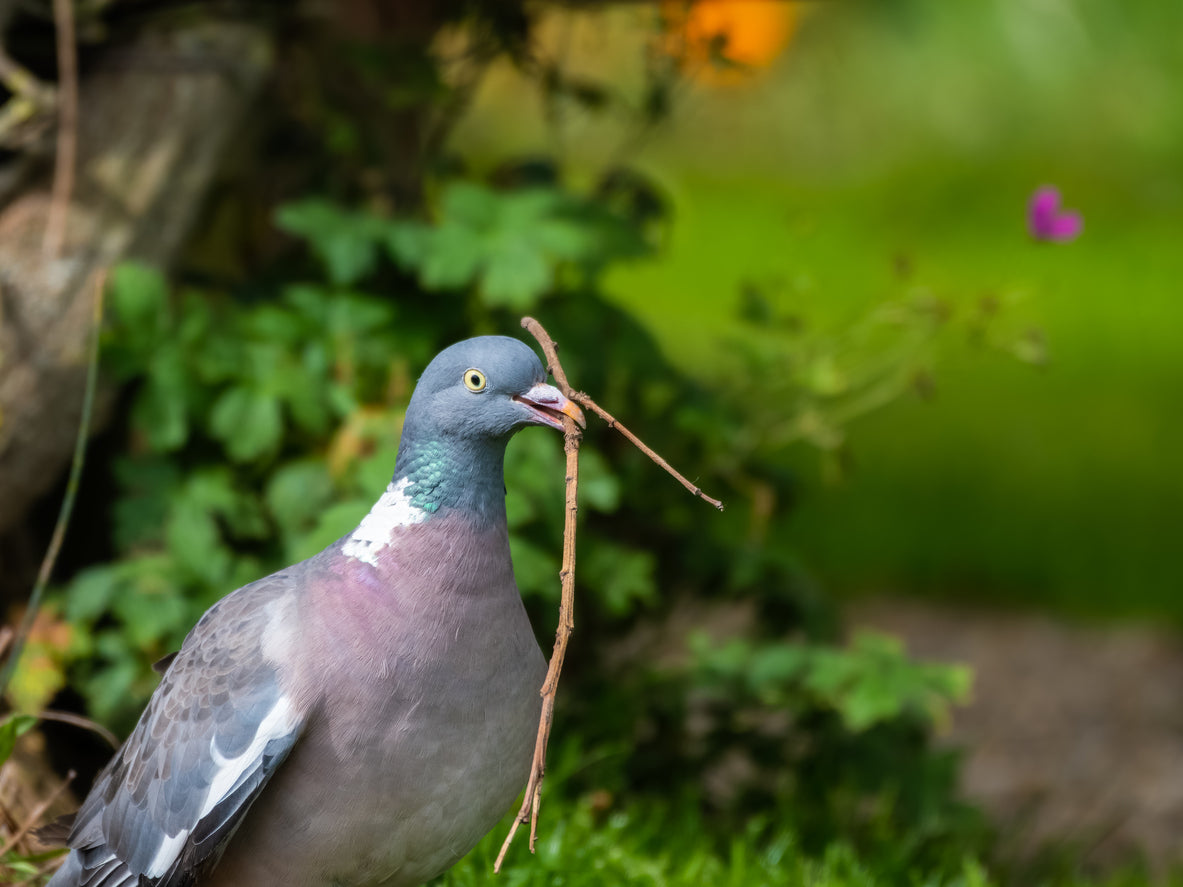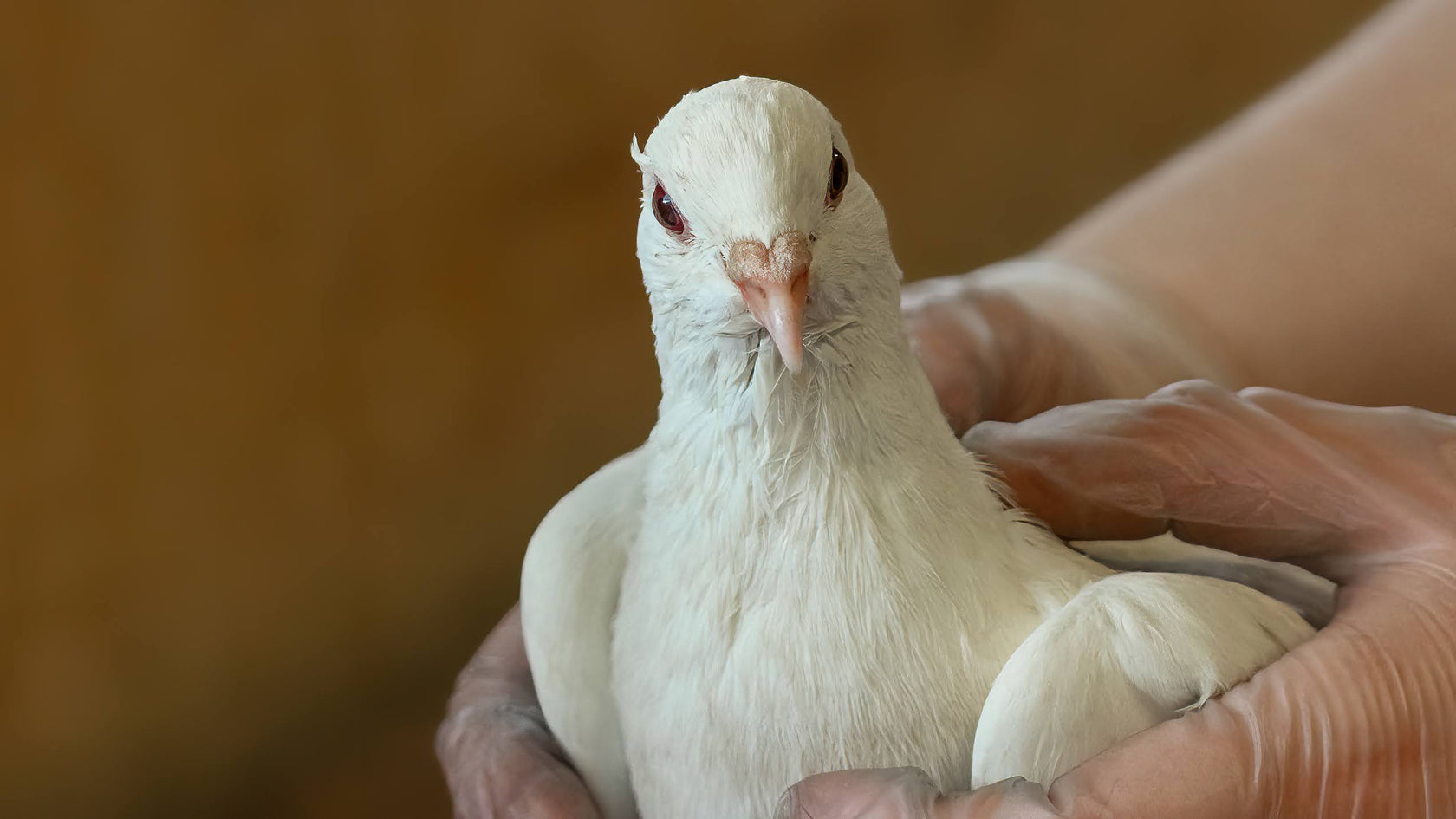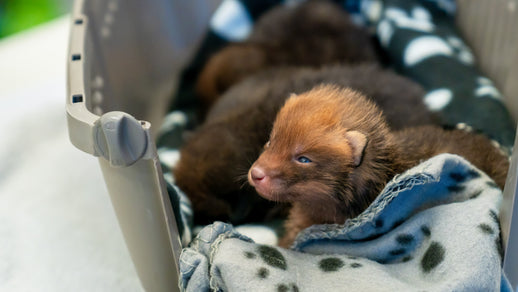
Pigeons and Doves
Despite seeing them everywhere in our towns and cities, did you know that pigeons are in fact not the most common bird in the UK? They're #4, the wren takes the top spot!

Injured Pigeons and Doves
Wild birds will often hide signs of illness and injury when people and predators are present. This can make it difficult to determine if a bird is in need of help. Visit our Bird Advice page for information and advice on how to help.





